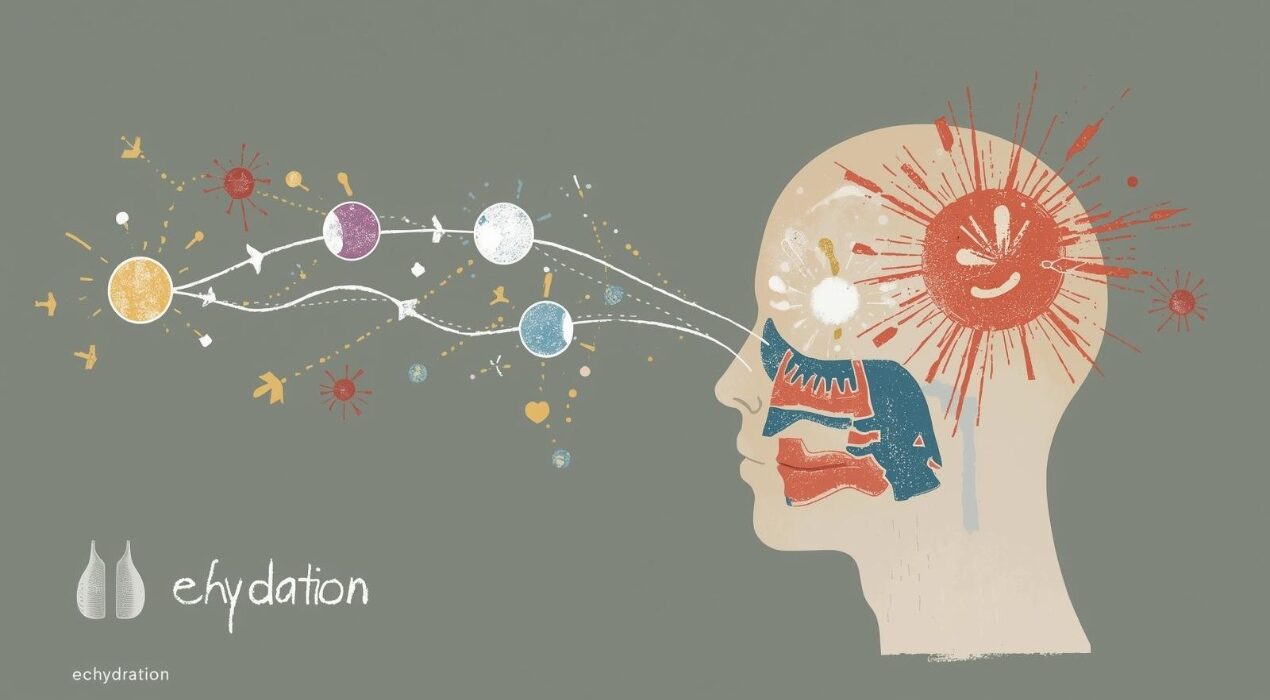Not drinking enough water could silently increase the body’s stress response, raising long-term health risks, according to a new study from Liverpool John Moores University (LJMU).
Researchers found that people consuming less than 1.5 liters of fluid daily—around seven cups of tea—produced cortisol levels more than 50% higher during stressful situations compared to well-hydrated participants. Cortisol, the body’s main stress hormone, is linked to cardiovascular disease, diabetes, and depression.
Study lead Professor Neil Walsh explained: “Cortisol is the body’s primary stress hormone and exaggerated cortisol reactivity to stress is associated with an increased risk of heart disease, diabetes and depression.”
In the study, young adults were divided into “low fluid” and “high fluid” groups based on daily intake. After a week of maintaining their usual drinking habits, participants underwent a standardized stress test involving public speaking and mental arithmetic. While both groups reported similar levels of anxiety, only the low-fluid group showed a sharp spike in cortisol.
Dr. Daniel Kashi, a physiologist on the research team, noted: “Although the low fluid group did not report being thirstier than the high fluid group, they had darker and more concentrated urine, clear signs of poor hydration. An important observation was that poor hydration was associated with greater cortisol reactivity to the stress test.”
The biological link lies in vasopressin, a hormone released when the body senses dehydration. While it conserves water by acting on the kidneys, vasopressin also influences the hypothalamus, boosting cortisol release and intensifying stress responses.
Researchers recommend meeting daily fluid intake guidelines—about 2 liters for women and 2.5 liters for men. As Dr. Kashi emphasized: “Being hydrated may help your body manage stress more effectively… keeping a water bottle close could be a good habit with potential benefits for your long-term health.”
Dehydration Triggers Higher Stress: Why Skipping Water Fuels Anxiety and Health Risks






